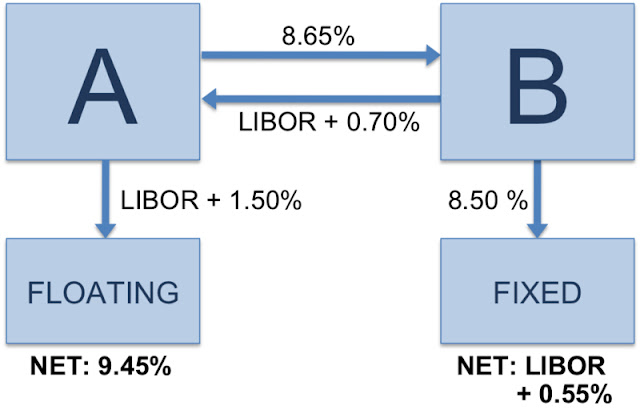How a Floating rate Works
Floating rate systems mean long currency value changes mirror relative economic strength and rate of interest differentials between countries.
Short-term moves during a floating rate currency mirror speculation, rumors, disasters, and everyday offer and demand for the currency. If offer outstrips demand that currency can fall, and if demand outstrips offer that currency can rise.
Extreme short moves may end up in intervention by central banks, even during a floating rate atmosphere. attributable to this, whereas most major international currencies ar thought-about floating, central banks and governments could step in if a nation's currency becomes too high or too low.
A currency that's too high or too low might have an effect on the nation's economy negatively, touching trade and therefore the ability to pay debts. the govt. or financial organisation can decide to implement measures to maneuver their currency to a additional favorable value.




Comments
Post a Comment